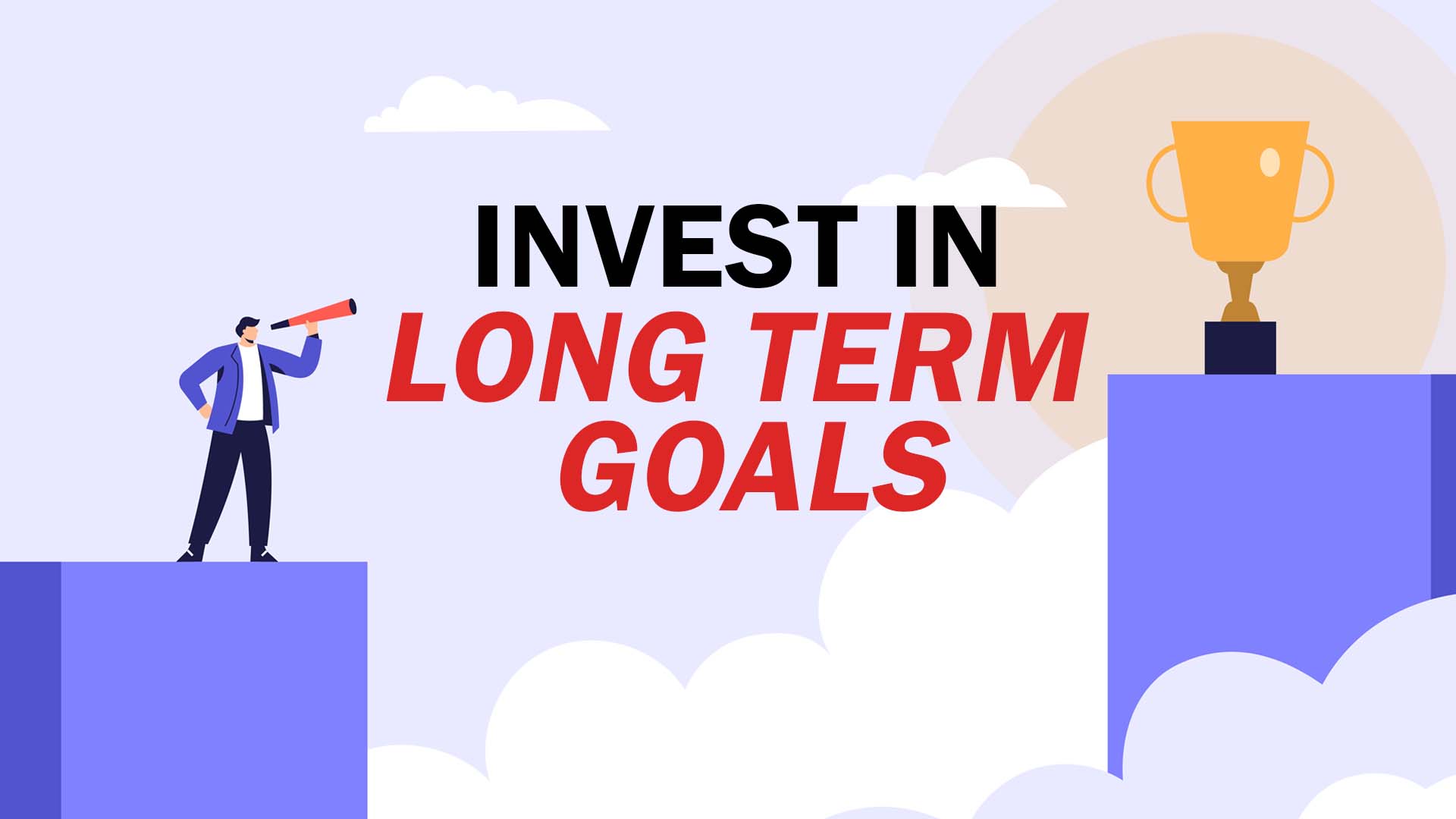In your life, you go from one goal to another. You want a raise, a promotion, a new job, a partner, a bag, a car, and so on. Often, these are the short-term goals that guide how you move from one to another.
Sometimes, these short-term goals can make you lose your way.
On the short-term, you might focus on many things. There are issues and problems to be solved, ways to improve your lives, experiences, and purchases you crave. This is fine.
But if you lose sight of your long-term goals, you might eventually get to a point where the truly important things have been left by the wayside.
Many people suddenly look back and realize that they have not accomplished what they truly wanted. It’s not that they accomplished nothing. It’s that they became so caught up in the pursuit of the current goal that they lost sight of what matters.
So, what is your long-term goal? What do you want to achieve?
You might want a family or a career or financial stability or anything else. There are no wrong or right goals, just what matters to you. Consider what is the single most important priority in your life and phrase it as a long-term goal.
Once you have it, ask yourself whether your short-term goals are aligned with it. For example, if you want to buy a house, short-term goals of buying expensive clothes are not aligned. They are contradictory or neutral, but do you have goals that align with your long-term objective?
Of course, not 100% of our short-term goals will be in line with the big one. Even if you want to start a business, for example, you still need to pay the basic bills.
However, if we have no short-term goals that allow us to reach the long-term one, how will it ever get done?
Your long-term goal is your guiding light. You can use it to set better short-term objectives for yourself. Move towards that light without stopping, and before you know it, it will be within your reach.




